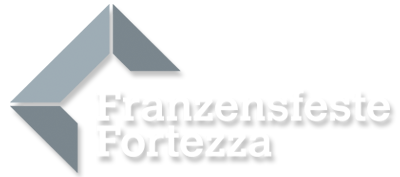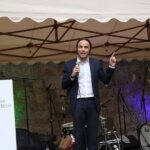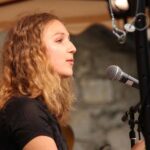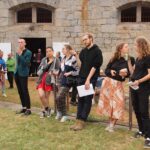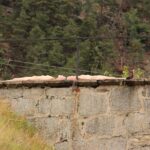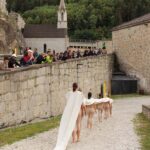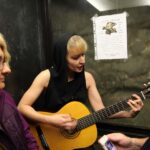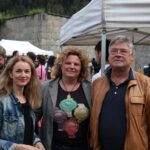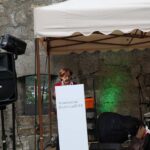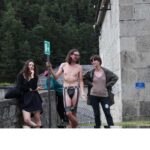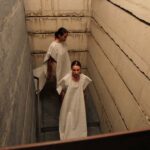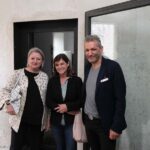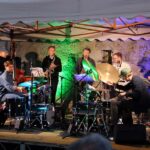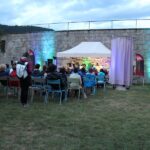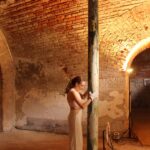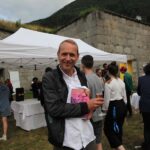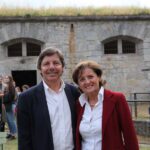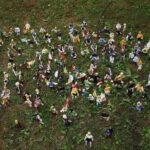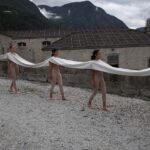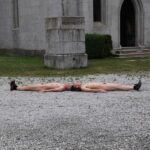“Where Plato Taught – Teaching Art: Is it Art or is it a Fart?”
Dauer
7 July – 31 October 2018
Bild links
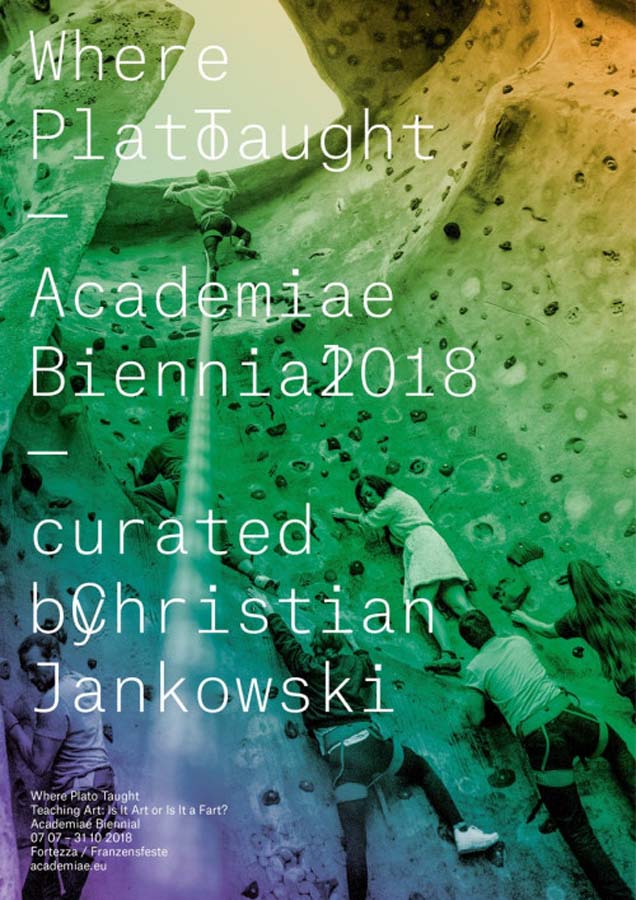
Kurator/Organisator
Curated by: Christian Jankowski
Kurztext
Inaugurated the second edition of the Biennale Academiae.
Langtext
From July to October 2018 at the Museum of the Franzensfeste fortress you can admire the second edition of the Biennale Academiae. At the centre of the Academiae Biennial 2018, organized by the association ArtintheAlps in collaboration with the Faculty of Design and Arts of the Free University of Bozen/Bolzano and the provincial museum Franzensfeste fortress, the works of young artists and artists from the main Academies and Art Institutes of Europe and beyond, reported by their mentor professors, who are themselves renowned artists.
The German artist Christian Jankowski, professor at the Akademie der Bildenen Künste Stuttgart, has been called upon to curate this Biennale. As an artist, he interacts various artistic forms in his creations and often involves viewers in the very realization of the work, concepts that he has strongly sought to transfer into the curatorial choices of this exhibition under the title "Where Plato Taught. Teaching Art: Is it Art or is it a Fart?".
The starting point of the concept was first of all the Franzensfeste fortress, declared, in reference to Plato's teaching centers on the outskirts of Athens, a creative, autarkic place of reflection, far from cultural centers. But also the working and didactic practice of the artist Jankowski as well as the activity of curator as artistic practice gave the curator ideas for his concept: How is art taught? How can teaching and artistic practice coexist? Which teachers do today's students and students need? What effect does the environment of an academy have on artistic production?
To answer these and other questions about participation, exchange and mediation in the field of artistic education, 15 classes of international art academies have been invited for this second edition of the biennial. Represented are Portugal, the Netherlands, Switzerland, England, Norway, Sweden, Poland, the Czech Republic, Russia, Austria, Germany, France, Italy, Turkey and Israel. Each higher education institution is represented by a teacher or professor with a recognized artistic personality, who has selected a group of students from the class.
A fundamental part of the concept is the role that the teacher plays in the classroom. Jankowski himself did not make a choice, but brought his entire class. As far as Holland is concerned, Professor Jerszy Seymour also sides with his full class. The opposite choice was made by Valentin Carron, professor at the renowned cantonal art school in Lausanne (Ch): Coming alone he wants to give - as he calls it - a lesson in "opportunism and cowardice" to his students. And a carpet from the Turkish art college Mimar Sinan, woven for four years by several generations of female and male students, is an impressive symbol of the theme of the collective and cooperation.
Observing so many works and installations, the performance blinker comes to mind. There are few projects, which are not based on an action. For example, the Polish delegation of Miroslaw Balka's class developed a project together with a group of local boy scouts. Also spectacular was the trip of the German Bangjoo Kim, who walked the long distance dribbling with a basketball and then crushing it in a basket at the Franzensfeste fortress. And given this characteristic of the works, the videos play an important role, in fact they attribute a museum-like validity to ephemeral events. This includes, for example, the film by the Dutch Department Dirty Art/Sanberg Institut Amsterdam of the trip to Greece, during which the students examined the political crisis.
The visit to the exhibition offers an encouraging image of a young generation confronted with political reality and everyday nonsense with a wealth of ideas and outspoken internationalism.
An extensive catalogue, presented at the inauguration, can be purchased for 15 euros at the Franzensfeste fortress.
The exhibition is open to the public until the end of October 2018 every day except Monday, at the price of seven euros (reduced five euros, family ticket 14 euros).
These are the mediation offers for the exhibition.
